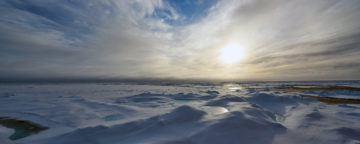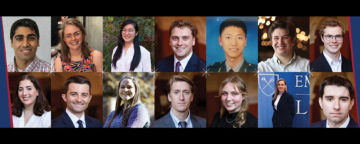FactCheck.org has released its "whoppers of 2020" on the year's political fabrications. Once again, President Trump tops the list though President-elect Biden is on it, too.


FactCheck.org has released its "whoppers of 2020" on the year's political fabrications. Once again, President Trump tops the list though President-elect Biden is on it, too.

The holiday season usually has the lowest suicide rates, but news accounts persist in supporting the holiday-suicide myth. While the COVID-19 pandemic has increased risk factors associated with suicide, media should be careful not to make unfounded claims about suicide trends.

Penn's APPC and CERL presented a conference to discuss strategies to address challenges associated with Arctic climate change.

Belief in COVID-19 conspiracy theories predicts resistance to future COVID-19 vaccination and preventive behaviors such as mask-wearing, a new study by APPC researchers has found.

Election security and nuclear threat escalation were also among the challenges for CERL summer interns in the program for students interested in careers in national security.

More than partisanship, education or religion, belief in vaccine misinformation drives opposition to policies, a new APPC study finds.

Exposure to anti-vax tweets was followed by negative vaccination attitudes and behavior – but not among people who discussed vaccination with others.